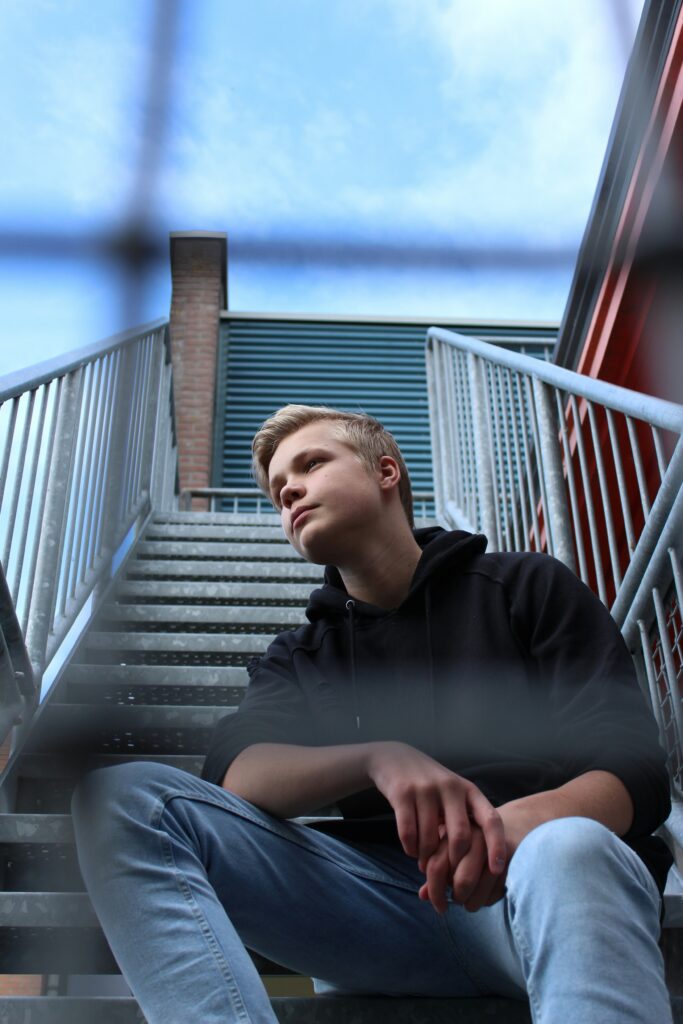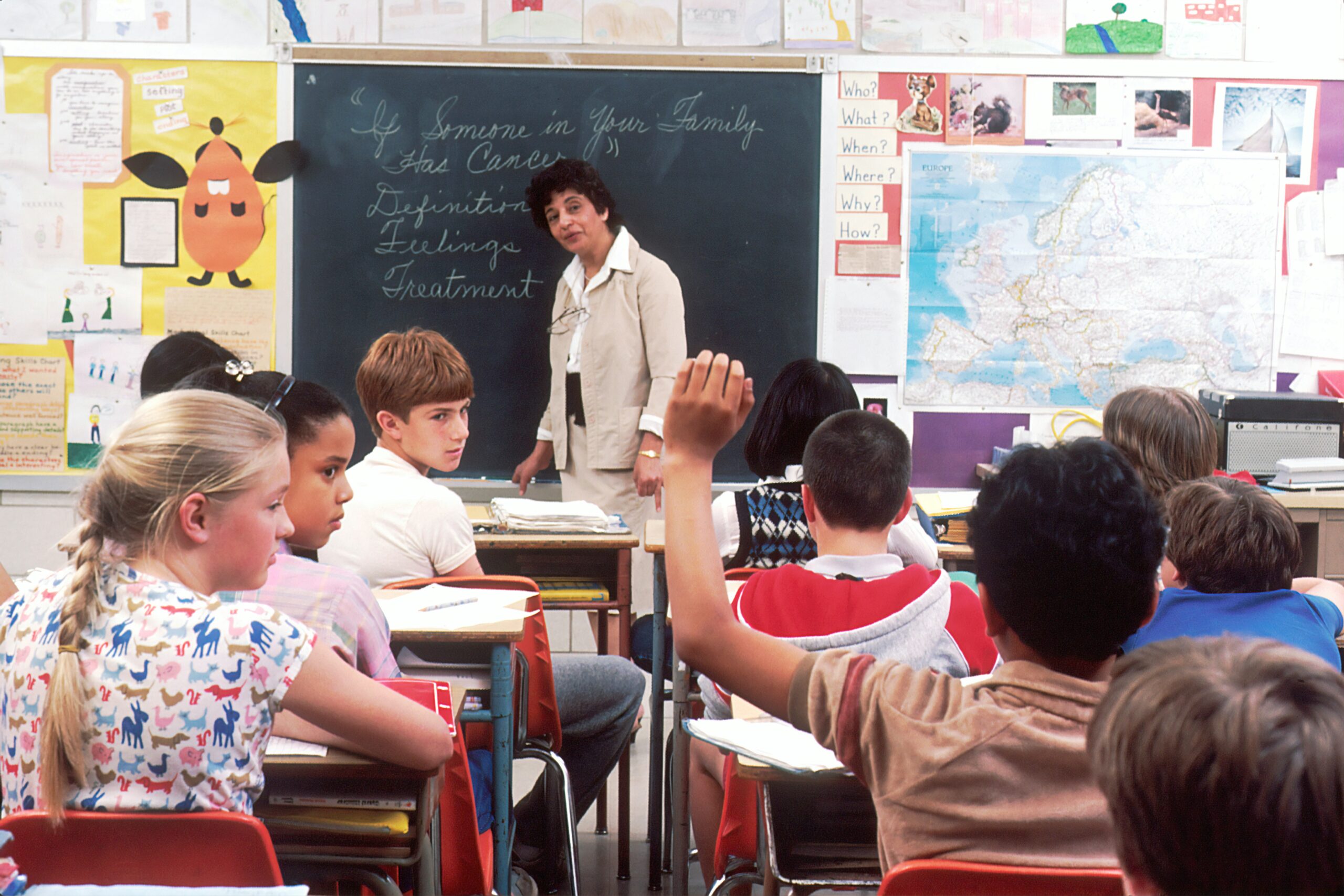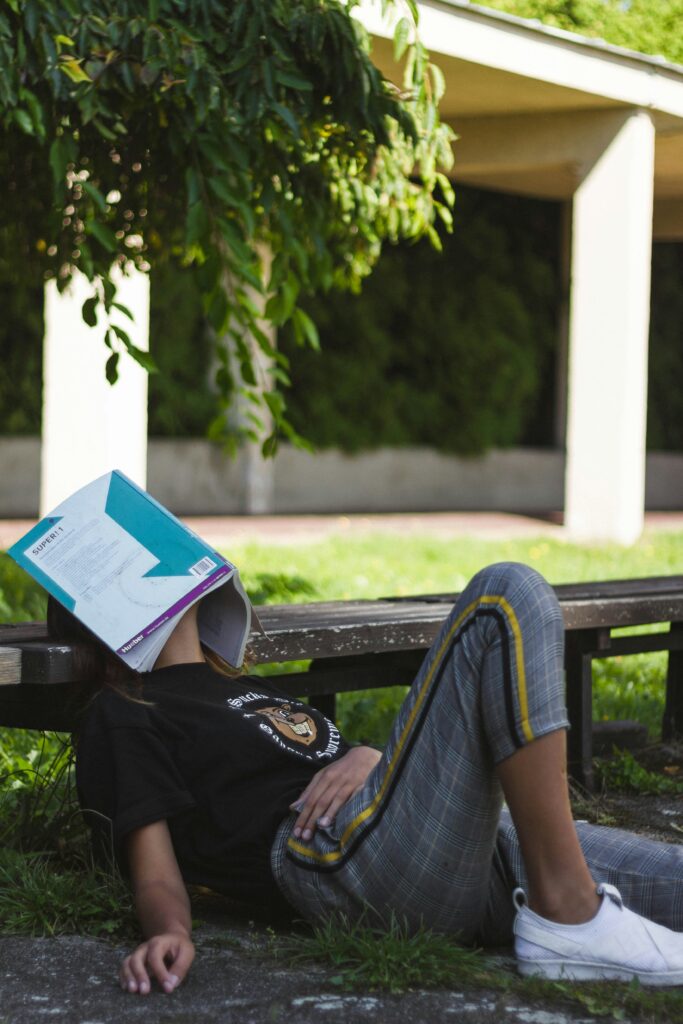“They” say middle school is the worst. Puberty, big feelings, pimples, first heartbreaks, braces, peer pressure; all the typical things they think a middle schooler goes through. Sure, they suck, but what nobody talks about is how many kids in school are going through some form of abuse. The definition of abuse is to “treat (a person or an animal) with cruelty or violence, especially regularly or repeatedly.”
There are many different types of abuse:
- Physical abuse.
- Domestic Violence or Intimate Partner Violence.
- Sexual abuse.
- Psychological or emotional abuse.
- Financial or material abuse.
- Human Trafficking.
- Discriminatory abuse.
- Organizational or institutional abuse.
Even though all of these are possible in schools, I’m going to share my experience about the sexual assault happening in school right now.

I loved history class but what I didn’t love was sitting next to my ex-boyfriend. I knew that I didn’t have to sit next to him, but I was a people pleaser. We shared the same friends, and I didn’t want to end up alone. Even if we shared friends, it was obvious that they had a closer relationship with him. One day, the teacher gave us free time to work on whatever needed to get done. Still sitting next to each other, we were making small talk when he put his hand on my knee. I pushed it off. Then he put his hand high on my inner thigh near my bikini area. I kept pushing it off and he kept putting it back. This process continued to happen to the point where I began to make excuses to get up and avoid him. This went on for weeks. I ended up sick and started staying home from school more often because I wanted to avoid the situation.
It’s disgusting to expect a child to know how to process this type of situation and know how to protect themselves. I didn’t. I had a few friends who were helpful in supporting me, but they couldn’t stop the abuse. “He just liked you”, “It’s normal for kids to do that’, “I’m just playing around” and “It’s not that serious”. All these quotes are far too commonly said to victims. These things were said to me by people who I was told I could trust. If it weren’t for a teacher and my parents, it could have gotten way worse.
“Numerous studies suggest that sexual victimization in adolescence significantly increases the likelihood of sexual victimization in adulthood” says NSVRC.
I’m not even a few years past my first incident and I have already been revictimized. It is not because I didn’t know better this time or that I couldn’t stand up for myself. It happened because it started as a joke with just patting each other on the butt as we walked by. Even sports people do this to one another, it was consensual at this point, and it wasn’t a big deal, yet. The butt patting got to a full cupping. When it started to escalate and make me uncomfortable, I told this “friend” that I’d like it to stop because I was in fact uncomfortable. He would reply “it was just a joke”. I thought I was handling it well with what I learned from last time, but I was struggling still. It escalated to full violation of my inner butt-tocks area. My mom started to notice behavior changes in me and knew right away something serious was happening. Again, I was starting to get sick, this time I had more mental health issues on top of the physical sickness. I was missing school again. This time it was changing me. Why me, again?
We took this up the chain and all that the principal did was give a warning of suspension. Obviously, this guy found out I sought help and it got worse before it got “better”. He continued the sexual abuse more aggressively but now more out in the open. It was happening in the halls near teachers, as I went up the stairs in front of him, wherever he had the power to get away with it, it seemed to excite him. In the past, before my incident he accidentally brushed up against another girl’s breast and she complained to the principal, and he got suspended. This part is very difficult for me. I was screaming and crying for the adults at school to help protect me so I could learn. I had witnesses and proof. I had my parents backing me and trying to inform the school of the situation as well as how trauma works and it impacts people, especially young people like me. Nothing was done for me at the school when I was being violated and

ostracized for it! It only got “better” because I had to completely change my life to avoid being victimized over and over again.
You could be amazing friends. Your genders don’t matter; it could be girl with a girl, girl with a boy, boy with a girl, boy with a boy. You could be 7 feet tall. You could be “fat”. You could be black, white, purple, grey. You could be LGBTQ+. You could be unpopular or popular. You could be Christian, Catholic, Muslim, etc. You could be the perfect little cookie-cutter child. It doesn’t matter who you are. It can happen to you. Abuse does not discriminate.
One in 9 girls and One is 20 boys under the age of 18 experience sexual abuse or assault.
82% of all victims under 18 are female. Females ages 16-19 are 4 times more likely than the general population to be victims of rape, attempted rape, or sexual assault, says RAINN. The percentage of victimization goes up for individuals who are intellectually delayed, of minority races, and who identify as LGBTQ+. I want to remind you that these statistics are based on the individuals who actually made reports and does not include those who feel like they can’t speak up.
Why are kids in school doing this to other kids? I believe that kids are learning this behavior from somewhere. It might be modeled by an adult in their life. Maybe they were assaulted at a young age. It might be social media and “Hollywood” glamorizing sexual assault. It might be lack of parenting or bad parenting and the kid is acting out in a highly inappropriate way. It might be a little or a lot of all the above!
How am I supposed to become a functioning adult if school is teaching kids like me that abuse is acceptable in school? My plea is that adults; rather you are a teacher, parent, counselor, librarian whatever, listen and believe us. We are already struggling with puberty, big feelings, pimples, first heartbreaks, braces, peer pressure; all the typical things they think a middle schooler goes through as I told you in the beginning. We do not need to struggle with this. Nobody deserves to be abused, especially kids.
In a perfect world this would’ve never happened. People would keep their hands to themselves as well as their comments. We don’t live in a perfect world so what I wish had happened is that the principal would have given my abusers suspension and moved classes from me instead of just the warning. I wish the principal would have been trauma informed enough, at least the second time I went in for help, to know that talking to me alone was only triggering my trauma. I wish that the principal was held to higher standards with his actions towards remedying this abuse rather than being “my school my rules”. I wish I was given resources that supported me, like an advocate with Options rather than having to figure it out myself.
You can be a voice for those who aren’t always able to use their own. I couldn’t use my voice at the time of my abuse, but I am healing. I hope that this blog brings awareness to what is the reality in our schools, in our lives.
Be the difference. Thank you so much for reading.
Written by an anonymous area high school student.
How can you protect your child from sexual assault?
There is no foolproof method in keeping your child safe from sexual assault, but there are steps you can take to reduce the risk. Such as:
- Be involved in your child’s life. Show interest in what they do and how their daily lives look. Ask them how their lunch was, who their favorite teacher is, what games they’re playing, if they’re having fun. It is important to connect to show that you care.
- Get to know the people in your child’s life. Choose caregivers carefully and know who your child is spending their time with.
- Talk about viral stories in the media. Sexual violence is frequently covered by the news and portrayed in television shows. Talk to your child and ask questions about this coverage to start a conversation. Questions like, “Have you ever heard of this happening before?” or “What would you do if you were in this situation?” can signal to your child that these are important issues that they can talk about with you.
- Teach your child about boundaries. Let your child know that no one has the right to touch them or make them feel uncomfortable — this includes hugs from grandparents or even tickling from mom or dad. It is important to let your child know that their body is their own. Just as importantly, remind your child that they do not have the right to touch someone else if that person does not want to be touched.
- Don’t mince words when talking about bodies. It is important to use “real” language when teaching kids about their bodies. As in, they should know the actual names of their body parts. Giving something a “cutesy” name can diminish the seriousness of a disclosure. Teaching them the proper names gives them the opportunity to tell you exactly what is wrong.
- Let them know they won’t get in trouble. Remind your child frequently that they will not get in trouble for talking to you, no matter what they need to say. When they do come to you, follow through on this promise and avoid punishing them for speaking up. Many perpetrators use secret-keeping or threats as a way of keeping children quiet about abuse.
- Believe them, believe them, believe them. If a child ever discloses to you that they have been sexually assaulted – start by believing them. When someone knows that their voice will be heard and taken seriously, it gives them the courage to speak up when something isn’t right.
If you need any additional information, have a question, or a concern, feel free to reach out to Options at our 24-hour toll-free helpline 800-794-4624. You can also reach an advocate via text by texting HOPE to 847411 or click 24-Hour Chat with Options.



